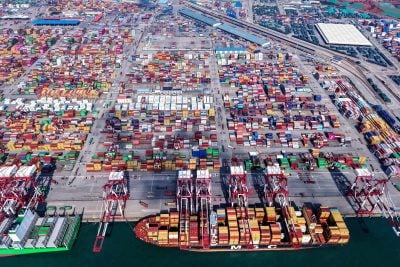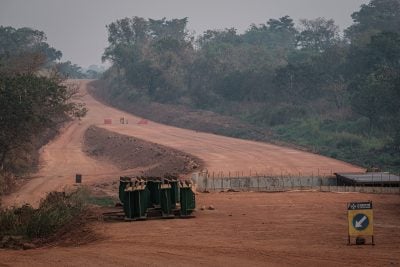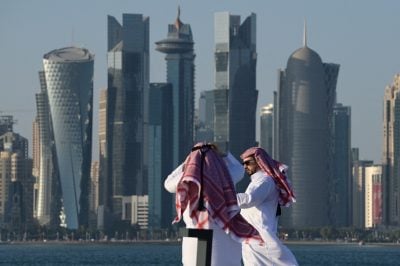The polls in Ethiopia’s capital Addis Ababa opened at 6am (local time) on Monday, in a historic race that will see the incumbent prime minister Abiy Ahmed go largely unchallenged, experts say.
Ethiopians are casting their votes for 547 federal parliament members, with the leader of the winning party becoming the next prime minister.
The twice-delayed vote was due to be held in August 2020 but was delayed due to the Covid-19 pandemic.
Held against the backdrop of an ongoing civil war, voting has been postponed until September in 64 constituencies, many of them in the Amhara and Oromia regions, where officials say they were unable to hold voter registration.
The two regions, home to the country’s largest ethnic groups the Oromo and the Amhara, share a border where attacks on civilians from either side have been rising in recent months.
There will also be no voting in the northern Tigray region, where a regional insurgency against the government is entering its seventh month. No date has yet been set for the vote to take place in the region’s 38 constituencies.

No choice?
Last week prime minister Abiy Ahmed billed the election as the country’s “first attempt at free and fair elections.” But with voting delayed across the country due to security and logistical challenges, analysts say the election is incomplete.
At the same time, opposition parties in Ethiopia’s most populous province, Oromia, are boycotting the vote over alleged intimidation by regional security forces. Local elections are also being pushed back meaning that the ruling party will maintain its grip on local government even if opposition parties make progress in the national polls.
Without any major competitor in the race, Abiy looks set to form the next government and consolidate power for his ruling Prosperity Party, says Will Davison, an Ethiopia expert at the International Crisis Group.
“It will do little, however, to resolve the fundamental political divisions over the best way to steer the country’s troubled transition under Abiy, particularly as the most influential supporters of stronger regional autonomy – notably in Tigray and Oromia regions – will not take part.”
One possible challenger is 62-year-old veteran opposition candidate Berhanu Nega, leader of the Ethiopian Citizens for Social Justice Party (EZEMA). Nega was elected mayor of Addis Ababa in 2005 but subsequently jailed for allegedly inciting a riot and forming a secret anti-government party in 2006.
Humanitarian tragedy
Some 37m of Ethiopia’s 110m population have registered to vote in the election, which is overshadowed by an unfolding humanitarian catastrophe in Tigray.
By May, the conflict had left 5.5m people on the brink of famine. Of those, 3.1m are in crisis and 2.1m need urgent assistance.
The situation is expected to worsen through September, with 4.4m predicted to be in crisis or worse and an estimated 400,000 expected to face catastrophe. If the conflict escalates or aid is further impeded, most parts of Tigray will be at risk of famine. The UN says the causes are man-made, citing the effects of conflict, population displacements, movement restrictions, limited humanitarian access, loss of harvest and livelihood assets, and dysfunctional or non-existent markets.
Want to continue reading? Subscribe today.
You've read all your free articles for this month! Subscribe now to enjoy full access to our content.
Digital Monthly
£8.00 / month
Receive full unlimited access to our articles, opinions, podcasts and more.
Digital Yearly
£70.00 / year
Our best value offer - save £26 and gain access to all of our digital content for an entire year!

 Sign in with Google
Sign in with Google 





